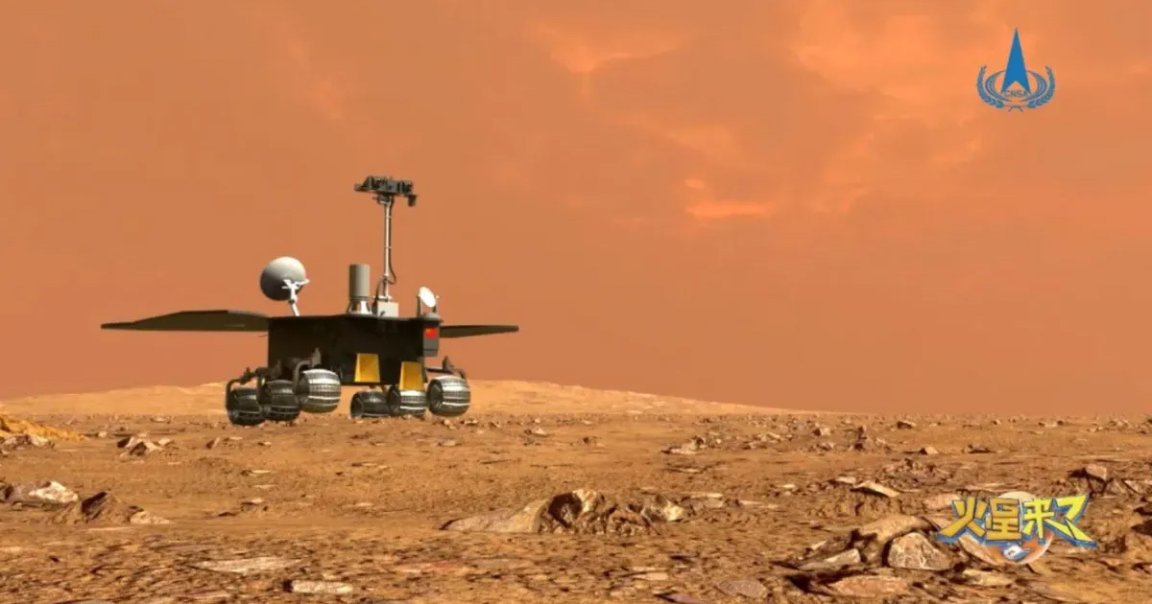
Rocks Off
The space race continues as China moves up the date for its historic Mars sample return mission while the US slashes its own trip to collect rocks from the Red Planet.
As SpaceNews reports, the chief designer of the Tianwen-3 sample return mission, Liu Jizhong, announced during a recent conference that China’s space agency is moving the program’s timeline to launch up to 2028, after previous estimates put it at around 2030.
The mission’s top scientific goal is, as Liu told the state-run Central China Television, finding evidence of life.
Because conditions to fly to Mars are only optimal every 26 months, Chinese officials have over the years sometimes alternated between a target of 2028 and 2030. The mission will involve, as SpaceNews notes, launching two separate Long March 5 rockets from Earth: one carrying ascent and landing vehicles, and one carrying an orbiter and return module.
Building on its Tianwen-1 Mars mission, this sample return project may also include a helicopter and six-legged crawler that will traverse regions of the Red Planet preselected for their astrobiological relevance, SpaceNews notes.
Sun Zezhou, a senior engineer at the China Academy of Space Technology, told press earlier this year that planning the mission has gone “relatively smoothly” thus far, and gave the 2030 launch estimate that has since been reduced by two years.
Planet B
While China’s space agency charges ahead, NASA’s Martian sample mission has been forced to completely restructure its counterpart program after its projected costs ballooned from an already-pricey $8 billion to an eye-watering $11 billion.
Initially slated for 2026, the Mars Sample Return (MSR) mission was lambasted by an independent expert review last year. In the scathing report, the assembled outside experts assailed the mission as overly complicated and found there were was essentially no way NASA could pull it off on time with the “available funding.”
After conducting its own internal review of the external review [!], NASA agreed and decided to ask for help from seven private companies, including SpaceX and Northrup Grumman, to come up with “out of the box” solutions to make it cheaper and less complex.
As SpaceNews notes, China will likely face its own complications when designing the Tianwen-3 mission, not least that nobody has ever launched a return craft from an alien planet before.
The country said in its announcement of the latest launch date that it plans to cooperate with other nations when it does return its Mars samples — though if recent history is any precedent, the Americans may have to wait to get their own rocks off the Red Planet instead of sharing with their Chinese competitors.
More on Mars: Elon Musk Says Starship, Which Has Never Landed on Earth in One Piece, Will Be Landing on Mars by 2026